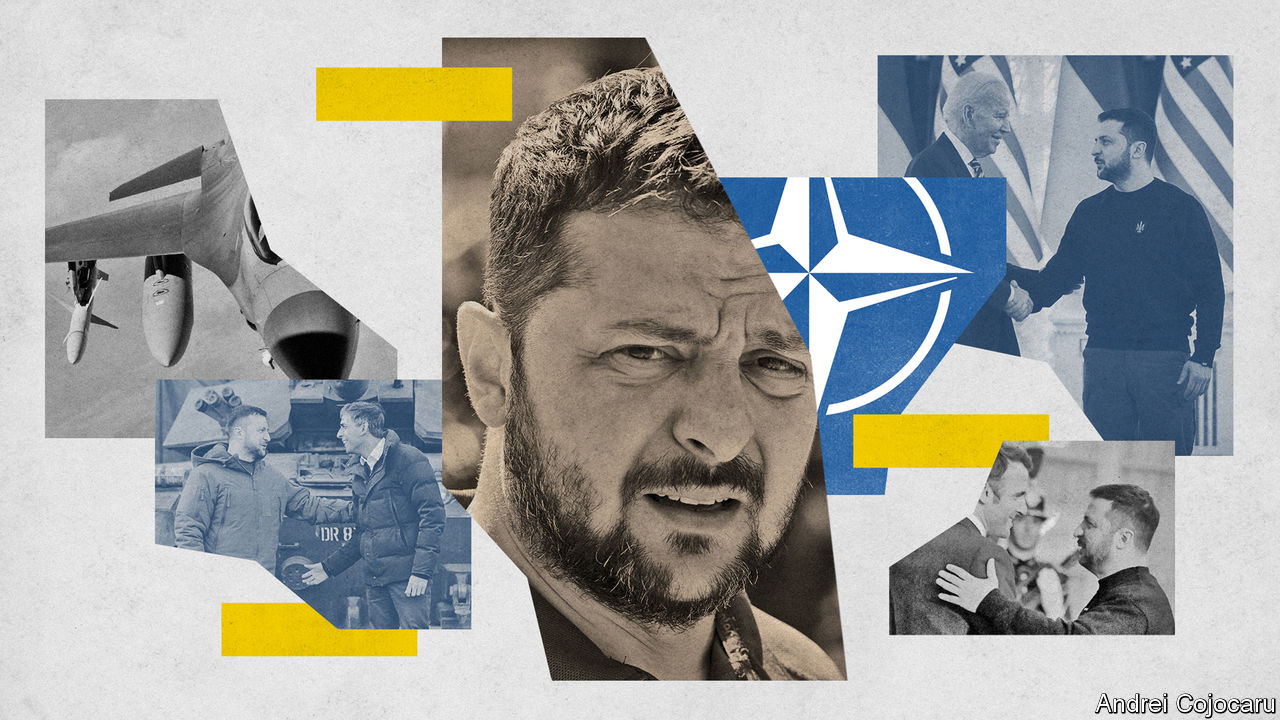The United States is facing isolation within NATO as it hesitates to support Ukraine’s bid for membership in the alliance. Despite being the main supporter of Ukraine’s fight against Russia, President Joe Biden has made it clear that Ukraine still has to prove itself and meet all the standards required for NATO membership. This has put the US at odds with its allies, who are determined to preserve unity ahead of the alliance’s summit next month. The allies are seeking a compromise that signals Ukraine’s closer alignment with NATO without making promises of quick accession. They are also exploring bilateral and multilateral security commitments to support Ukraine for as long as necessary.
The US’s reluctance to support Ukraine’s NATO membership is a departure from its previous stance on enlargement. In 2008, the US championed Ukraine’s admission to the membership action plan, but France and Germany resisted, fearing antagonizing Russia. The alliance made vague promises of future membership but failed to follow through. Now, France is pushing for a clear path towards membership, while the US is cautious about making firm commitments. The change in attitude is due to the increased possibility of war between NATO and Russia, which was previously seen as preposterous but is now a real concern. Admitting Ukraine to NATO would essentially mean committing to fight alongside Ukraine if it were attacked, something that President Biden wants to avoid to prevent nuclear escalation and a potential third world war.
The US’s hesitation can be traced back to two past failures: the Budapest Memorandum in 1994 and the Bucharest Summit in 2008. The Budapest Memorandum promised Ukraine security assurances in exchange for removing Soviet nuclear weapons from its soil, but these assurances proved hollow. In Bucharest, the alliance promised that Ukraine and Georgia would become NATO members but failed to take any action. These failures have made the US cautious about making similar promises now. The fear of antagonizing Russia and the potential consequences of a conflict with Russia are factors that contribute to the US’s reluctance to support Ukraine’s NATO membership.
In conclusion, the US’s reluctance to support Ukraine’s NATO membership has put it at odds with its allies and isolated it within the alliance. The US’s change in attitude is driven by the increased possibility of war with Russia and the fear of nuclear escalation. The failures of the Budapest Memorandum and the Bucharest Summit have also made the US cautious about making similar promises now. The allies are working towards a compromise that signals Ukraine’s closer alignment with NATO and exploring security commitments to support Ukraine, but without making firm commitments to membership.









